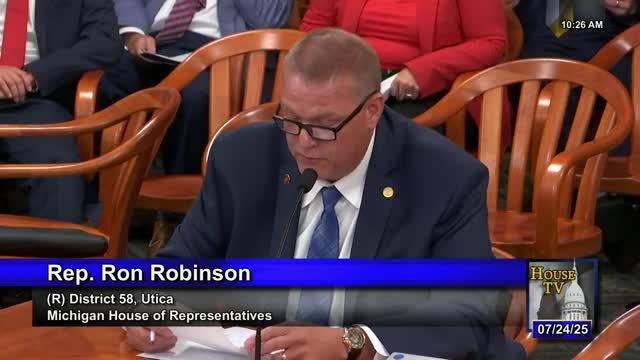Article not found
This article is no longer available. But don't worry—we've gathered other articles that discuss the same topic.
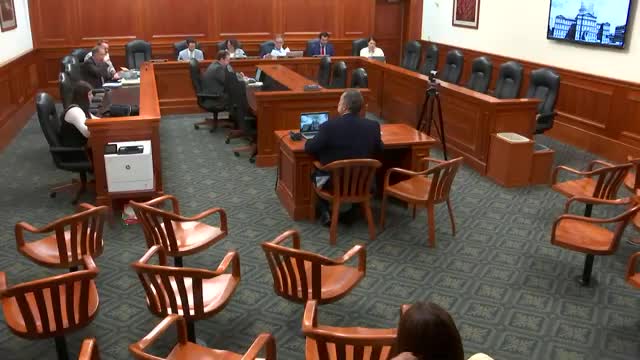
Mancelona seeks $1.7 million to finish interrupted 2021 water/sewer extension project
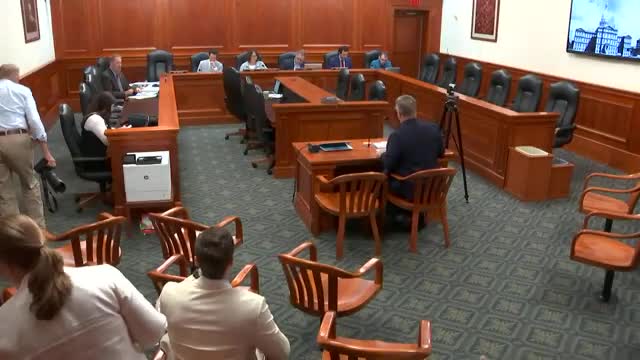
Village of Beulah seeks partial state support after EGLE citations for failing sewer system
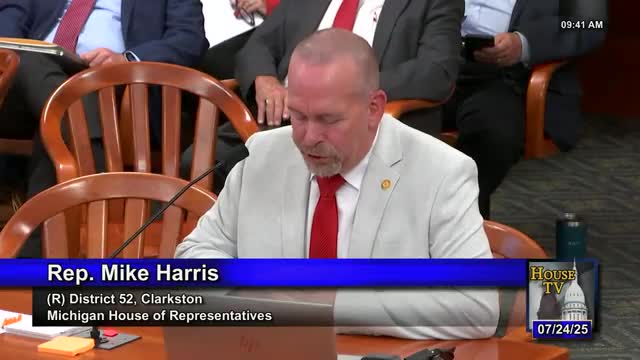
Springfield Township requests $900,000 for 10 high-capacity fire-suppression wells
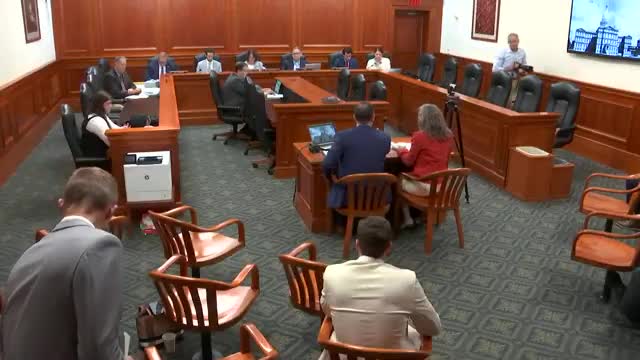
Portland asks state for $9.2 million to finish treatment-plant upgrades, lift stations and stormwater work
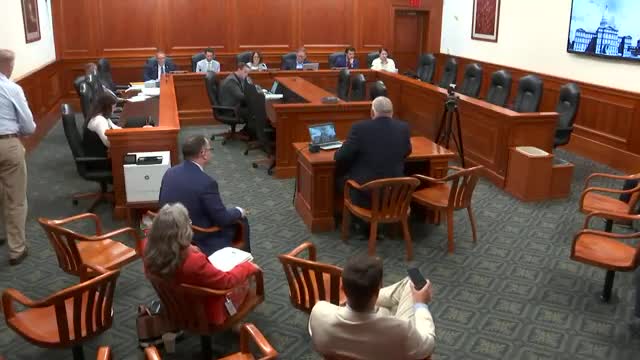
Lake Mitchell Sewer Authority seeks $5 million to stabilize rates and replace failing pumps
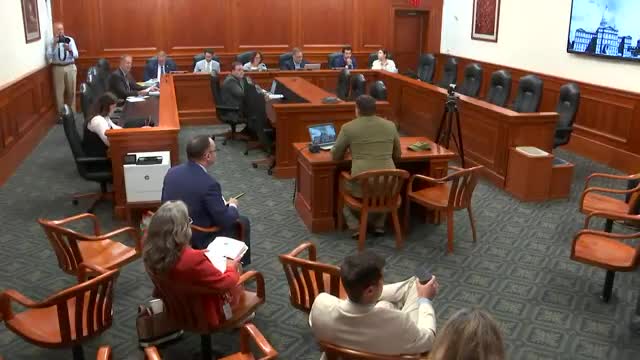
Erie Township seeks $8 million of a $12 million sewer extension to connect schools and communities to municipal sewer
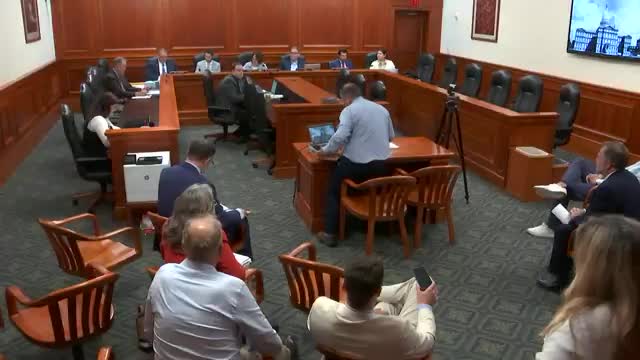
Otsego County Economic Alliance seeks $3.75 million to fix failing Treetops Resort wastewater plant
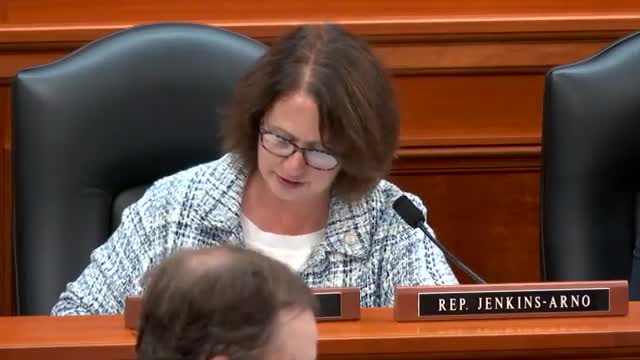
Collin Township seeks $1.9 million to fix longtime ‘Lake Louie’ road flooding
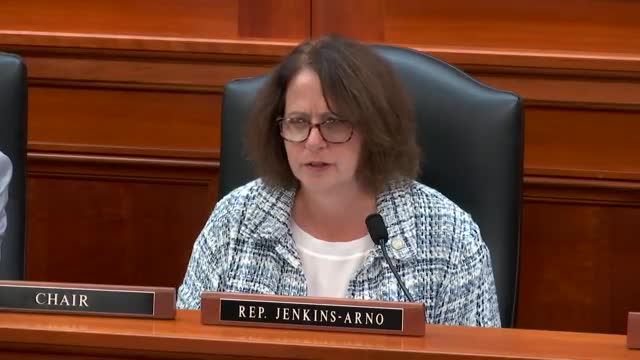
Rep. Regole asks state for $15 million to replace failing nitrification towers
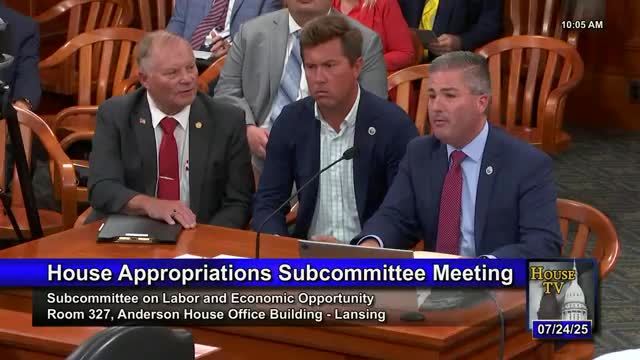
Port Huron asks $6.5 million to rebuild canal flood gate, seawalls after 2014 ice jam
